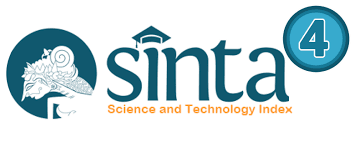ANALISIS PENGEMBANGAN KARIR GURU SEBAGAI UPAYA PENINGKATAN PROFESIONALISME DI SEKOLAH DASAR
DOI:
https://doi.org/10.34125/jmp.v10i2.474Keywords:
Pengembangan Karir Guru, Profesionalisme, Sekolah Dasar, PelatihanAbstract
This study aims to analyze various forms of teacher career development and their impact on enhancing professionalism in primary schools. Employing a qualitative descriptive approach through library research, the study examines relevant national and international scientific literature and empirical data from elementary schools. The findings reveal that career development programs for teachers include curriculum workshops, digital learning training, professional certification, promotions, mentoring, classroom action research, and participation in academic forums. Teachers actively engaged in these activities show significant improvement in their lesson planning, technology integration, classroom management, and student assessment practices. The study also finds a strong correlation between the intensity of career development and the level of teacher professionalism. Organizational support, school leadership, and affirmative educational policies play a vital role in strengthening this relationship. The study recommends the implementation of continuous, needs-based career development systems to foster adaptive, reflective, and innovative teaching professionals in the era of educational transformation.
Downloads
Published
How to Cite
Issue
Section
License
Copyright (c) 2025 Jurnal Manajemen Pendidikan

This work is licensed under a Creative Commons Attribution-ShareAlike 4.0 International License.














